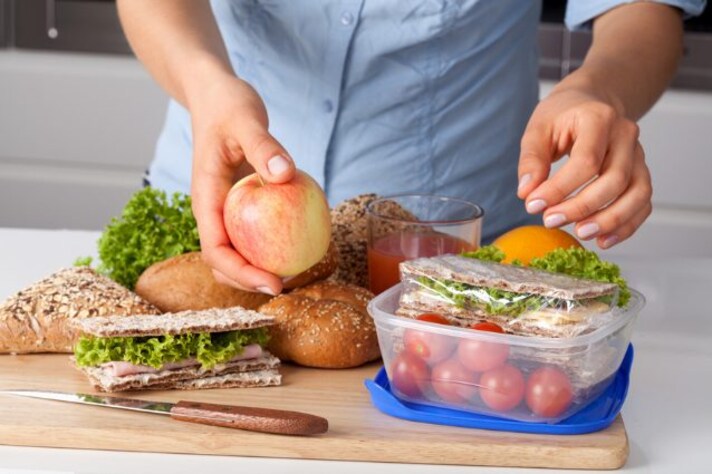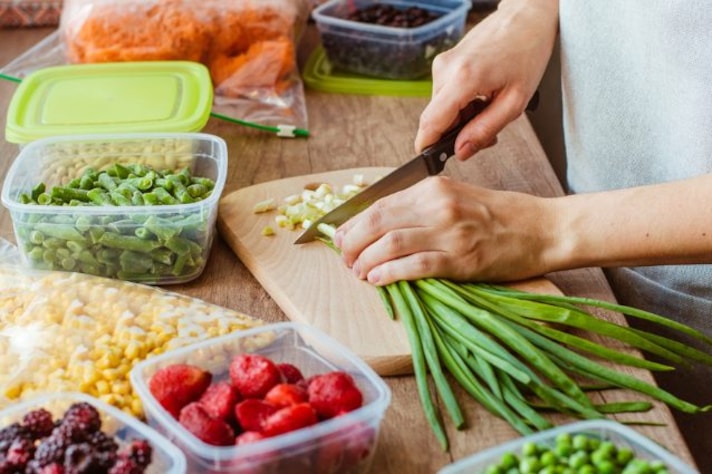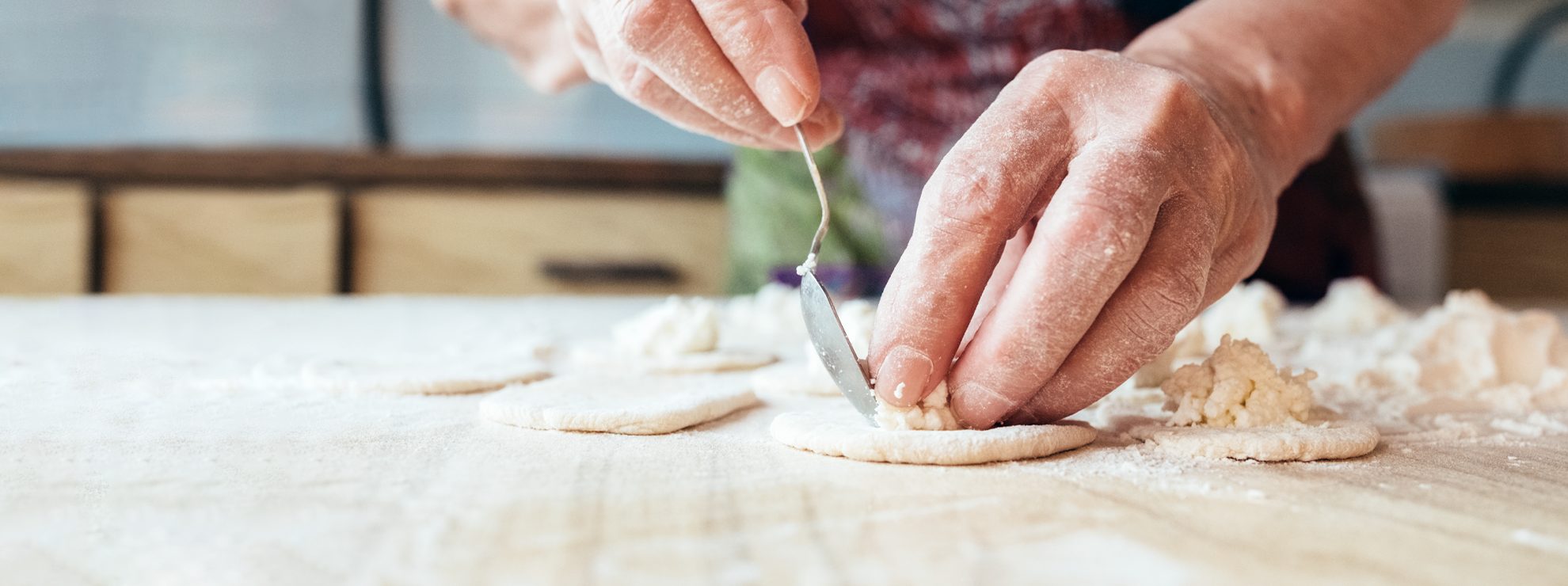
Meal prepping has become an essential strategy for those leading busy lives, ensuring that lunches for school or work are ready to go. It's a convenient way to maintain a balanced diet and save time. However, while meal prepping offers undeniable benefits, sometimes it’s best to take a step back. Prepping every single meal can cause us to miss out on many important aspects of food and life.
Repeating The Same Meal Over and Over is Bad
One of the primary drawbacks of meal prepping all your meals is the monotony it can bring. Eating the same meals repeatedly can lead to a lack of excitement and enjoyment in food. This monotony can dull the palate, making meal times less enjoyable and more of a chore. Variety is not just the spice of life but also crucial for ensuring a broad spectrum of nutrients. By sticking rigidly to pre-prepared meals, you might miss out on trying new recipes and cuisines that could enrich your culinary experiences.

Repeated Meals Lead to An Imbalance
While meal prepping aims to promote a balanced diet, it can sometimes lead to unintentional nutritional imbalances. If the same types of meals are prepared week after week, you might miss out on essential nutrients found in other foods. Freshness is another concern; prepped meals, especially when stored for several days, can lose their nutritional value. Vegetables and fruits might not stay as fresh and vibrant, leading to a diet that’s less nutritious than intended.
Meal Prepping Can Take Away the Spontaneity
Food is not just fuel; it's a social and cultural experience. Meal prepping can strip away the spontaneity that makes eating enjoyable. Spontaneous decisions to dine out with friends, try a new restaurant, or cook a new dish at home can be hindered by the strict regime of pre-prepared meals. This rigidity can limit your social interactions and the joy that comes from impromptu culinary adventures. Balancing meal prepping with occasional spontaneous meals can keep your relationship with food dynamic and enjoyable.

Meal Prepping Also Increases Food Waste (Surprisingly)
Ironically, the quest for efficiency through meal prepping can sometimes lead to increased food waste. When meals are prepped in large quantities, there’s a risk that they might not all be consumed within their optimal freshness window. Leftovers that spoil before being eaten, or meals that you no longer feel like eating, can contribute to unnecessary waste. Planning more flexibly and allowing for some variation in your meal schedule can help mitigate this issue.
Tips for a Balanced Meal Prep Schedule
Finding a middle ground in meal prepping can lead to a healthier, more enjoyable lifestyle. Start by prepping for just a few days at a time instead of an entire week. This ensures meals stay fresh and reduces the risk of monotony. Incorporate a variety of foods and rotate recipes weekly to ensure a broad intake of nutrients. Additionally, leave room for spontaneity; plan for a couple of flexible meals each week where you can either dine out, cook something new, or use leftovers creatively.
;Resize,width=767;)
